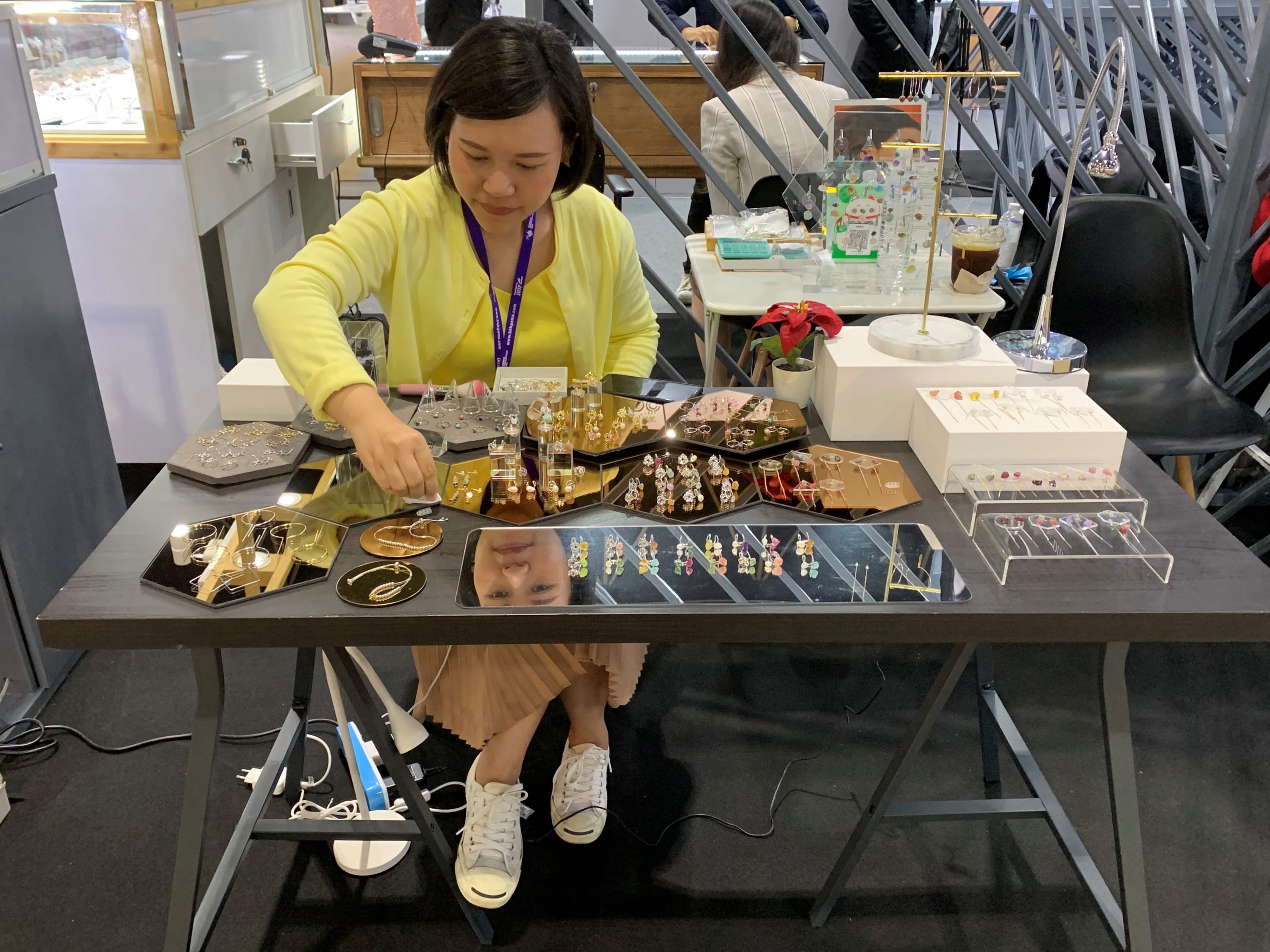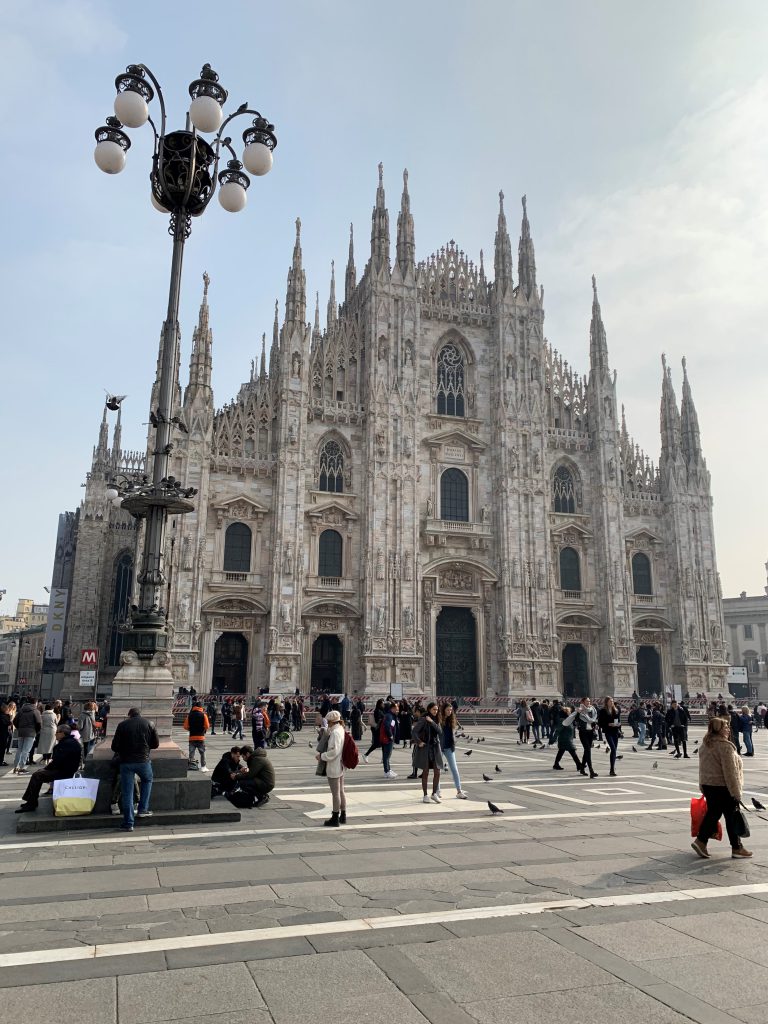The lockdown has created vast new challenges for jewellery trade around the world – including in Italy, India and Thailand, three of the world’s leading suppliers. David Brough attended the trade shows held in those three countries in the final weeks before lockdown and has been tracking the impact on trade there ever since.
Italy
The jewellery trade fairs in Italy in early 2020 took place before a widespread realisation that coronavirus was set to spread around the planet.
At one show a seminar about the “Future of Diamonds” heard that it was high time to embrace “imperfection in diamonds”, such as “salt and pepper” diamonds, inclusions, and blue fluorescence, to create new demand in an already tough market.
Panellists urged improved traceability of diamonds from mine to finger, partially in response to enquiries from Millennials wanting to know where the stones came from.
Another panel, organised by CIBJO-World Jewellery Confederation, emphasised the importance of responsible sourcing in creating contemporary jewels, and in meeting the strong ethical concerns of Millennial consumers.
The layout of another jewellery show in northern Italy underscored a growing trend for fashion retailers to sell jewellery and accessories in-store, as seen, for example, at H&M and Topshop.
Many items of jewellery at the fair were inspired by the ocean. There was a strong showing of red Mediterranean coral and pearl jewellery with the summer holiday shopping season in mind.
As the weeks passed and cases of the novel coronavirus rose in Italy, the jewellery trade quickly shifted into the digital space.
During the lockdown, one leading Italian trade show staged its first webinar in April, and promoted additional webinars from May until July to deliver a message about design trends and how the industry will adapt to a “new normal” post Covid-19.
A realisation took hold that social distancing would make it impossible to stage trade fairs in the Spring and early Summer, and so marketing swiftly changed gear via a mixture of webinars and Instagram Lives.
Trends forecaster Paola De Luca spoke of the need to promote “emotional technology” in social media marketing with jewellery stores shuttered in Italy and in many other countries.
Paola believes that trade shows will need to expand their digital offerings in future, alongside a brick-and-mortar format that must comply with guidelines to reduce risks of spread of the virus.
Trade show seminars can be supported by webinars to get messages across to the industry.
At the time of writing, the next editions of the main Italian jewellery trade fairs were still on track to take place in September 2020.
India
The Mumbai trade show took place as usual in mid-February, weeks before India imposed a lockdown of its 1.3 billion people.

Subsequently, as diamond and jewellery manufacturing shut down, India’s Gem and Jewellery Export Promotion Council (GJEPC) held a series of webinars discussing what steps businesses should take to survive the lockdown and beyond.
The webinars also discussed the possibility of holding virtual “buyer-seller meetings”, or online business matching, if physical gatherings prove to be impossible to organise.
Even if social distancing can be organised at trade shows, a major challenge is international travel, with the possibility of quarantines upon arrival in another country, and some exhibitors and buyers unwilling to travel due to worries over Covid-19.
Thailand
The Bangkok trade fair took place in late February under strict measures to reduce risks of spread of the novel coronavirus and was the last major jewellery show to take place before lockdowns kicked in across much of the world.
All staff at the Bangkok show wore masks, and hand gel was widely available at entry points and booths throughout the event. A doctor was on standby.
In the weeks after the fair, Thailand went into lockdown and saw its jewellery trade shift into a digital-only landscape as physical business halted.

Thailand’s state-backed Department of International Trade Promotion (DITP), organiser of the Bangkok fair, is now contemplating hosting webinars to promote messages about Thai craftsmanship and the expertise of Thai gem and jewellery manufacturing.
The Asian Institute of Gemological Sciences (AIGS), a leading Thai gemstone laboratory and school, reopened in early May after a closure lasting over a month.
AIGS hosted a series of educational webinars presented by respected gemmologists during the Thai lockdown.


